How could you sleep with that monster?” one of the victims of my husband, Pablo Escobar, asked me. “ ‘Why didn’t you do anything? Why didn’t you leave him? Why didn’t you turn him in?”
Those questions are probably ones that thousands of people have wondered. The answer is because I loved him, and while many may find that response inadequate, the truth is that’s the reason I remained by his side till the end of his life, even though I disagreed with his actions and decisions innumerable times.
Every single day in the late 1980s and early 1990s was a life-or-death matter for all Colombians; all of us were held hostage by my husband’s war. I was very young, naive and blind to reality, so I succumbed; I was often quite comfortable, but it was always comfort born out of the ignorance that comes with having no right to look, think, decide, choose or question.
I met Pablo when I was just 12 years old and he was 23. He was the first and only love of my life. I married him in the church, believing that marriage vows are to be honoured. I was raised in a male chauvinist culture in which women were taught to follow their husbands without questioning.
I grew up being moulded by Pablo to be his wife and the mother of his children, not to ask questions or challenge his choices, to look the other way.
He was the first and only love of my life.
I endured affairs, insults, humiliations, lies, loneliness, raids, death threats, terrorist attacks, kidnapping attempts on my children and even long periods of confinement and exile. All for love.
But I wasn’t able to leave him, not just because of love but also out of fear, powerlessness and uncertainty about what would become of my children and me without him. I was even afraid that the most dangerous man in Colombia might hurt me if I left him.
Twenty-five years after his death, I have begun to review the memories of the people who suffered the horrors of the drug-trafficking war. I now feel immense sadness and shame for the enormous pain my husband caused, even as I mourn the agonising consequences his actions have had for my children and me.
How I became Mrs Escobar
On March 29, 1976 my grandmother took us to the home of the bishop of Palmira, Monsignor Jesus Antonio Castro.
Our wedding was held at six o’clock in the Santisima Trinidad church in Palmira. My parents weren’t in attendance, much less my siblings. Nobody from Pablo’s family was there either.
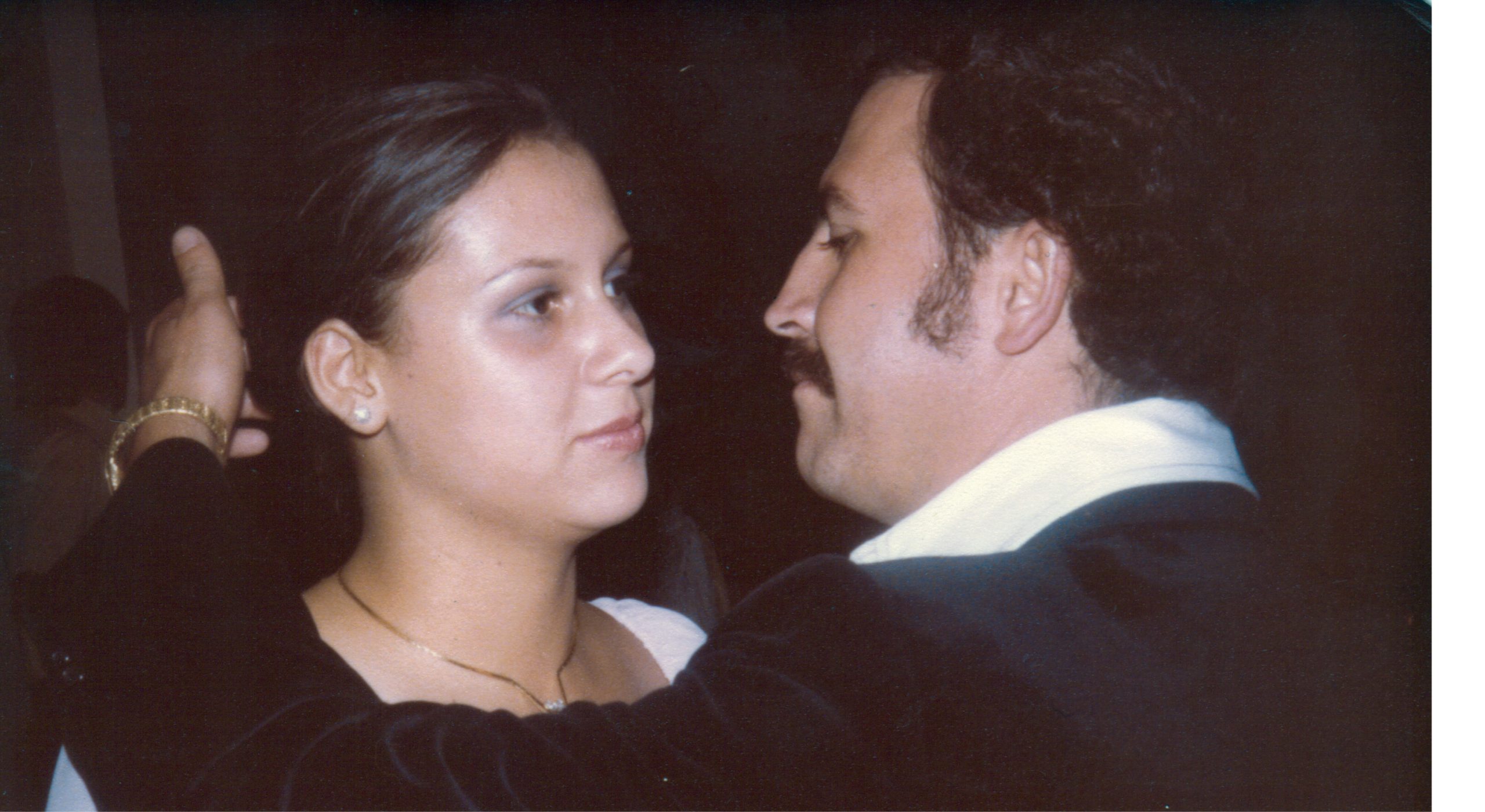

My happiness was bittersweet because I was overwhelmed with fear at what would come afterwards: the disapproval of my parents, my siblings, the entire neighbourhood. I had my heart in my throat. At some point during the mass, Pablo, who looked very happy, gazed into my eyes, smiled and said, “We’ll be together for ever, my love.”
My married life began with me going to school in the morning and coming home in the afternoon to do homework, cook, clean, wash the dishes and mend Pablo’s clothes. It was nothing exciting, but I was thrilled with my new role. What I did find difficult was that almost immediately Pablo started going away frequently, supposedly for work. What kind of work? I didn’t know. What I did know was that his efforts to make a living were accompanied by womanising. The gossip about his affairs was constant and, I must admit, deeply painful for me.
My married life began with me going to school in the morning and coming home in the afternoon to do homework, cook, clean, wash the dishes
The story I told myself to get through it was the old standby, “Men are all the same.” Then I’d think, “I’m not going to leave him over that.” Indeed, when we got married, because his history suggested that cheating was a possibility, I’d decided not to follow him, track his phone calls, or check his shirts for lipstick. He who seeks shall find, as the saying goes, and I preferred not to find anything.
Pablo, me — and his mistresses
On February 24, 1977, less than a year after we married, I gave birth to my first child. I was in my fourth year of secondary school, and I went to school that day because I had maths class and an English test with a fearsome teacher. When I got up that morning, I felt definite signs that the baby was on its way, but I didn’t want to miss the test and get a zero. It shows how immature I was, that I wasn’t able to make my own health a priority.
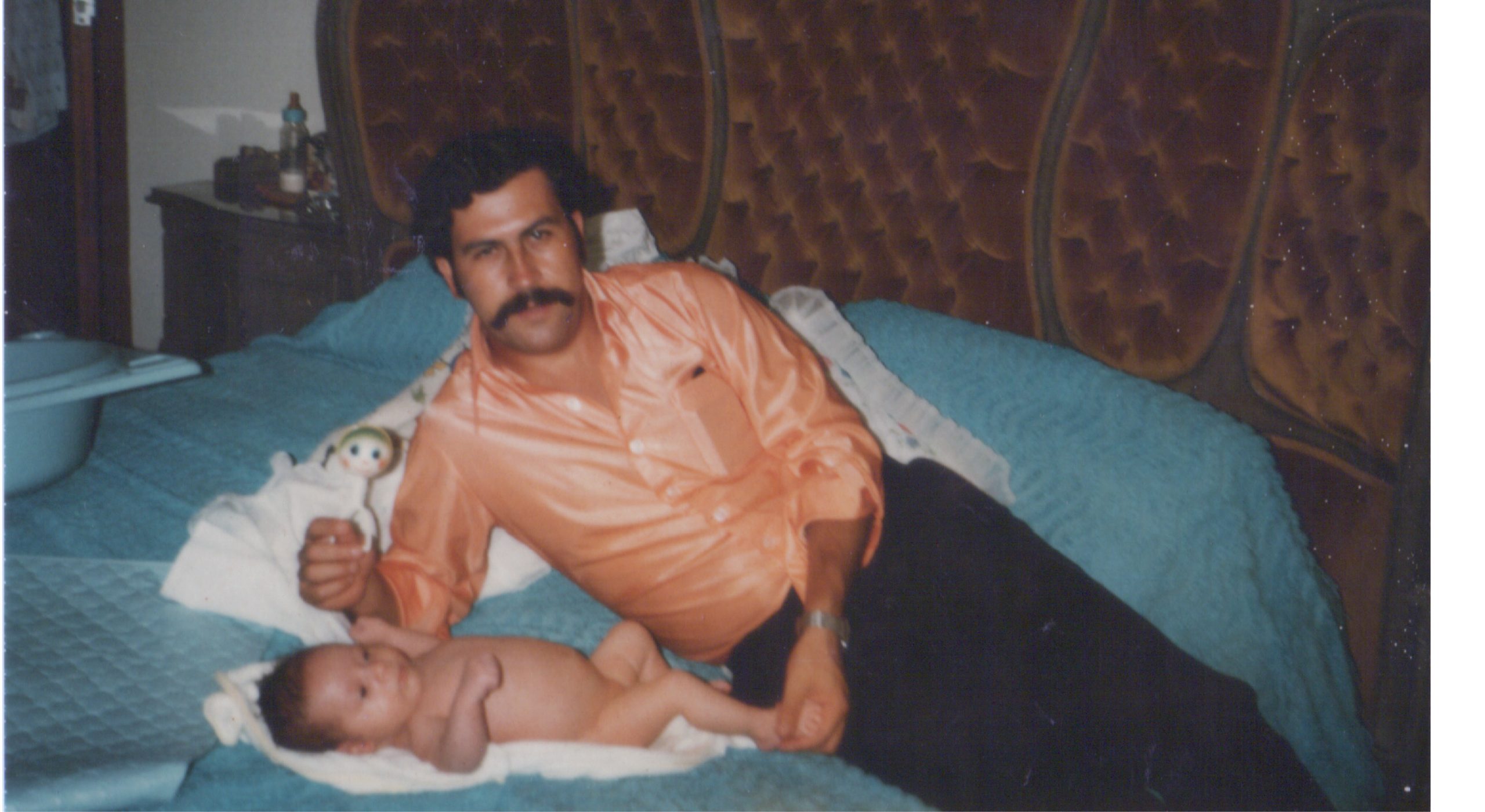

Somehow, I got a six for my English test, just enough to pass. When the teacher gave me my grade, I struggled to my feet.
“Teacher,” I said, my voice cracking with the continual contractions, “I have to go. My water broke.”
“You can’t ask for a pass yet, Victoria,” he replied, failing to understand what I’d told him.
Finally, I was given permission and walked two blocks to my mother’s house, but I had to stop every 10 seconds because of the agonising pain of the contractions.
Half an hour after we arrived at the El Rosario Hospital in downtown Medellin, the baby was born, and by one in the afternoon I was already calling my school friends to give them the news and tell them to come visit me and my new son, Juan Pablo.
Over the next decade, Pablo became fabulously wealthy,
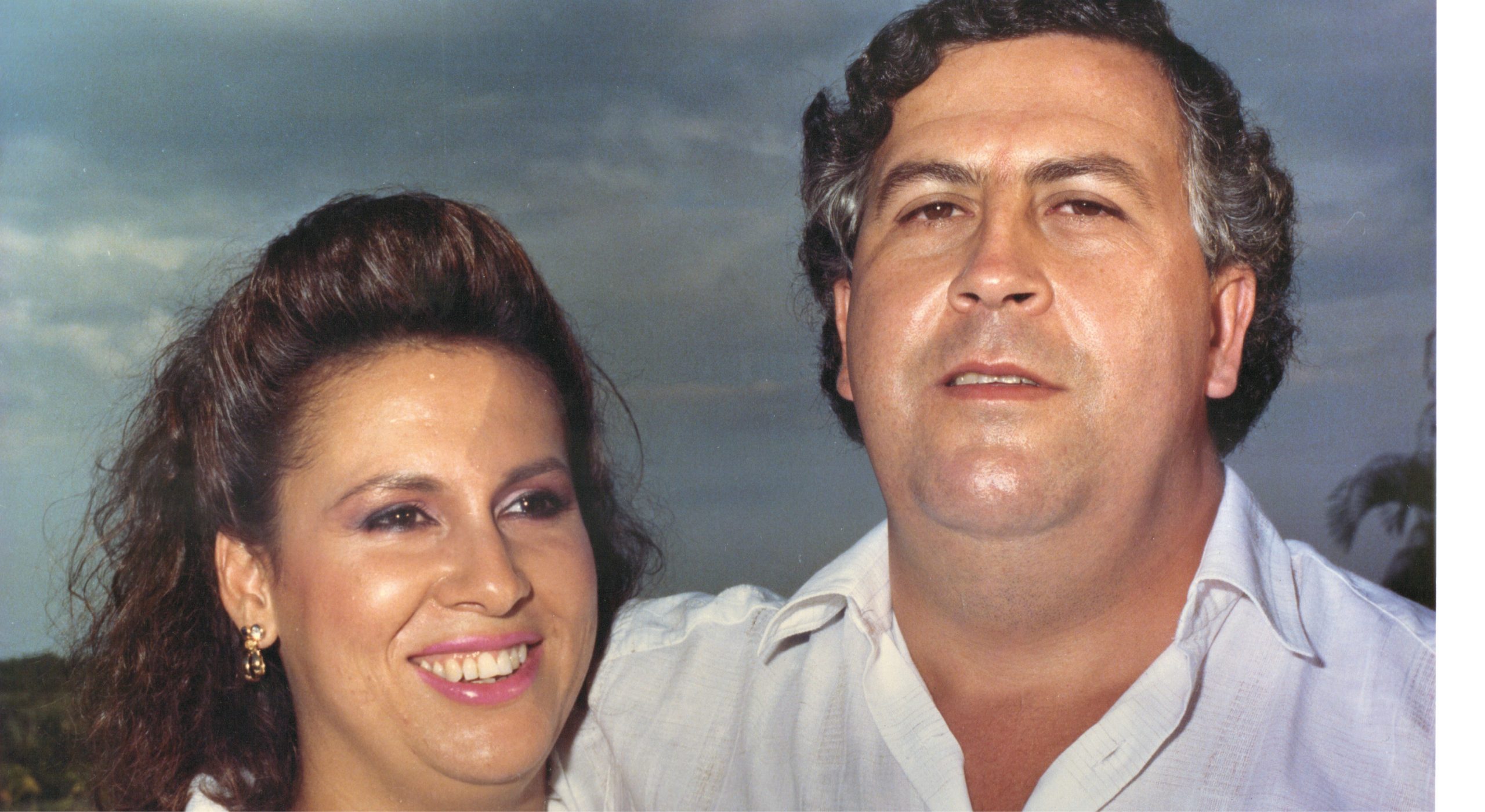

The bonanza allowed me to finish my education, travel to many places in Colombia and around the world, and attend the best interior design and fashion shows in Italy and France, since my dream, which alas I have never realised, was to be a well-known and well-respected professional. But the mix of money and power pushed us into a whirlwind that made it impossible for us to perceive the misfortune that was approaching.
When we moved to Hacienda Napoles, a beautiful estate in the Antioquia region, it became the epicentre of Pablo’s new life. For good and for ill. From the very start, he set out — and managed — to lead a sort of double life there: one with his family and another with his buddies and his mistresses of the moment. Of course, in addition he also had his business, which he always kept away from me.
To meet with his lovers, Pablo had the nerve to build an apartment camouflaged behind the stables, very close to the main house; he also built several cabins in more remote areas, which they used to escape to even when we were there.
He set out to lead a sort of double life – one with his family and another with his buddies and his mistresses
During that period of nightclubs and carousing, I now know that Pablo had numerous girlfriends with whom he enjoyed a week or two, even a month or two, but never took them seriously. All of that would change one night in mid-1981, when he met Wendy Chavarriaga Gil. Their relationship lasted several years, but would eventually end in tragedy [after Escobar subjected her to a forced abortion, she became an informant and he had her executed].
All of our lives, including those of the family, Pablo’s lovers, and indeed the entire country, would be changed abruptly and for ever on the night of April 30, 1984, when hitmen assassinated the minister of justice, Rodrigo Lara Bonilla, in Bogota, apparently on my husband’s orders.
The assassination marked the start of the narco war that dominated the country for the next decade. After this event, Pablo’s political career stalled and eventually a warrant was issued for his arrest as the government sought to extradite him to the US. As a result, he was often on the run or in hiding, which had a huge impact on us as a family.
The assassination marked the start of the narco war that dominated the country for the next decade
By the time I realised how far removed I’d become from the brutal reality around us, it was too late.
It was mid-August 1993, and Pablo and I, our children, Manuela and Juan Pablo, and Juan Pablo’s girlfriend, Andrea, were hunkered down in a hideout known as the blue house in El Poblado. My husband and I knew that the final goodbye had to come sooner rather than later: our current situation was unsustainable. Death was peering at us around the corner. The blue house was to be our final hideout.
On Saturday, September 18, 1993, Pablo suddenly stood up and came over to me, saying we should talk in private in one of the second-floor bedrooms. “Sweetheart, it’s time to pack everybody’s suitcases,” he told me. “You are all going to live in the Altos building under government protection.”
I cried and cried. I was deeply in love with Pablo. I knew that his egregious behaviour over the past few years had unleashed an unfathomable madness, but I was still enormously pained that I had to leave my children’s father in order to save them. I understood there was no other option. It was here: the moment of separation, of our final goodbye. My tears weren’t enough. Finally, at 11 at night, it was time for us to leave.
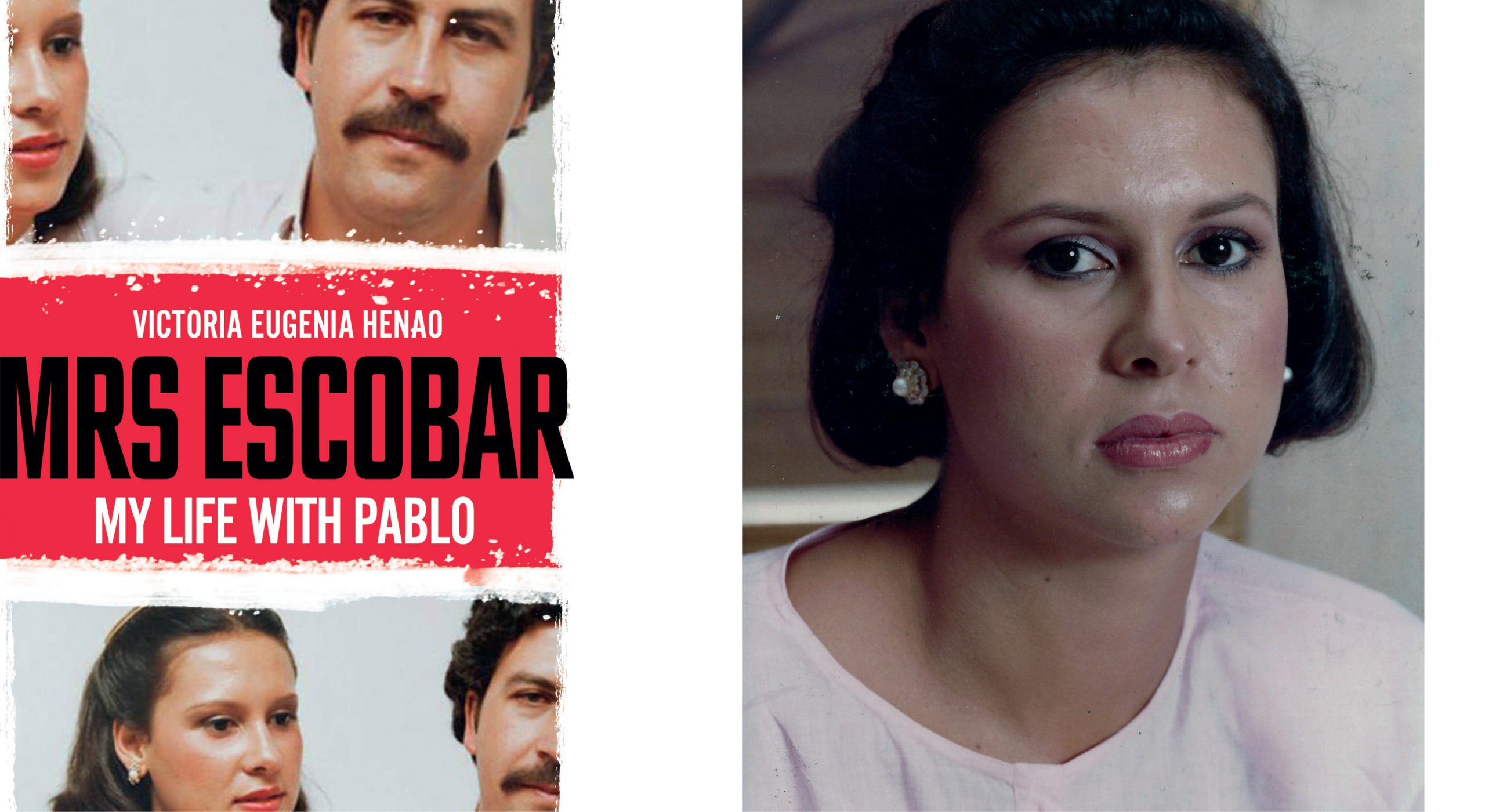

He bid farewell to Juan Pablo with a heartfelt handshake and a kiss on the cheek. When he reached Manuela, he started crying. We’d never seen him weep before, and that made our goodbye even more heart-wrenching. That was the last time I saw him. He had 75 days left to live.
Extracted from Mrs Escobar by Victoria Eugenia Henao (Ebury Press, £12.99) © Victoria Eugenia Henao 2019
Pablo Escobar: A life in crime
- Escobar was born in on December 1, 1949, and in 1976 founded the Medellin Cartel, which distributed cocaine. It is thought that he was responsible for 80 per cent of cocaine supply to the United States at one point.
- He was known as The King of Cocaine – or even “Robin Hood” – and became one of the richest people in the world.
- In 1982 he was elected to be a representative in Colombia’s Liberal Party, where he was responsible for community projects such as the construction of houses and football fields.
- In 1991, he was sentenced to five years’ imprisonment, within “La Catedral”, his own self-built prison. La Catedral included a jacuzzi, sauna and a disco where Pablo Escobar reportedly hosted weddings.
- In July 1992, he escaped and went into hiding after the Colombian government attempted to move him to a traditional prison. He was killed by police on December 2, 1993.




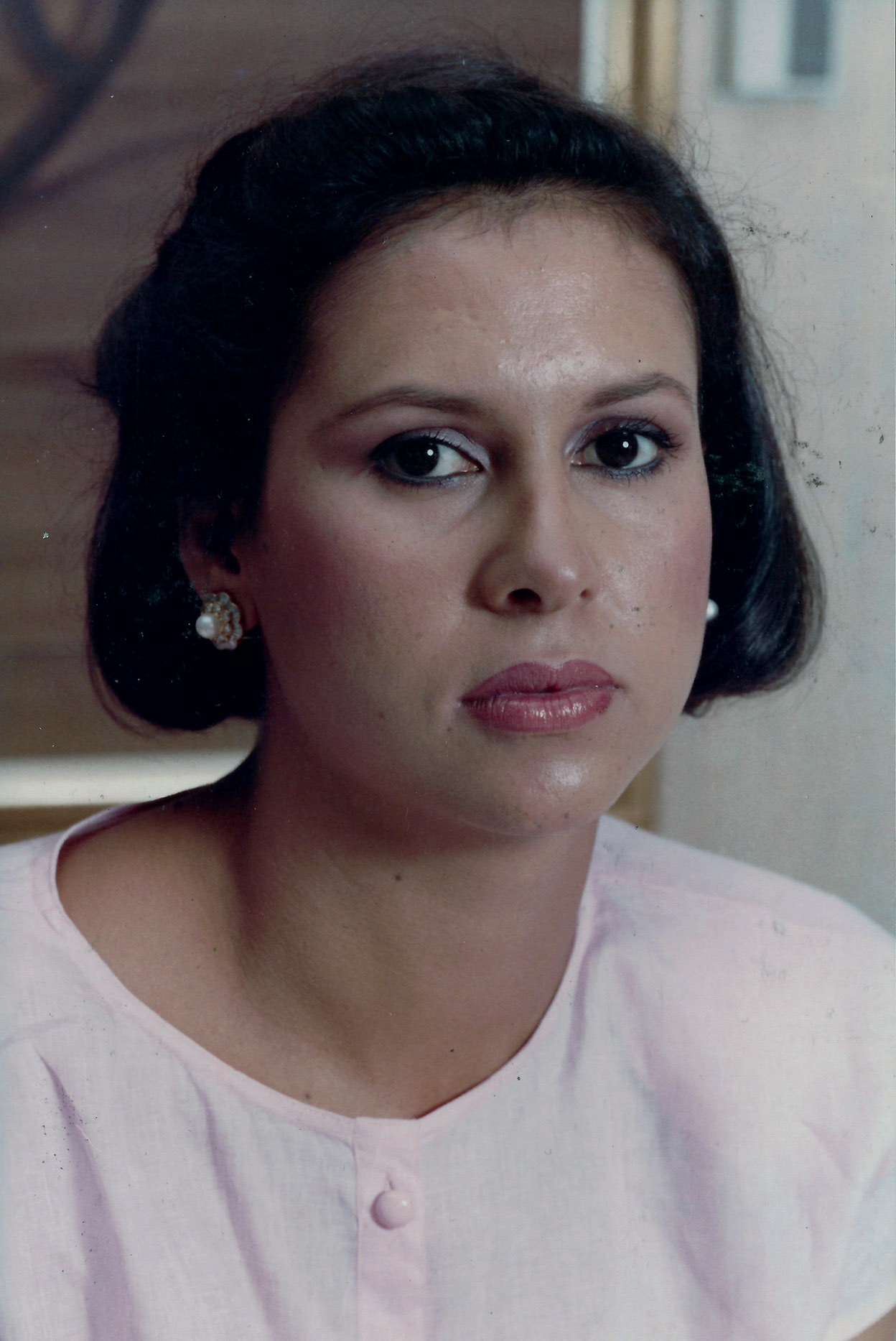

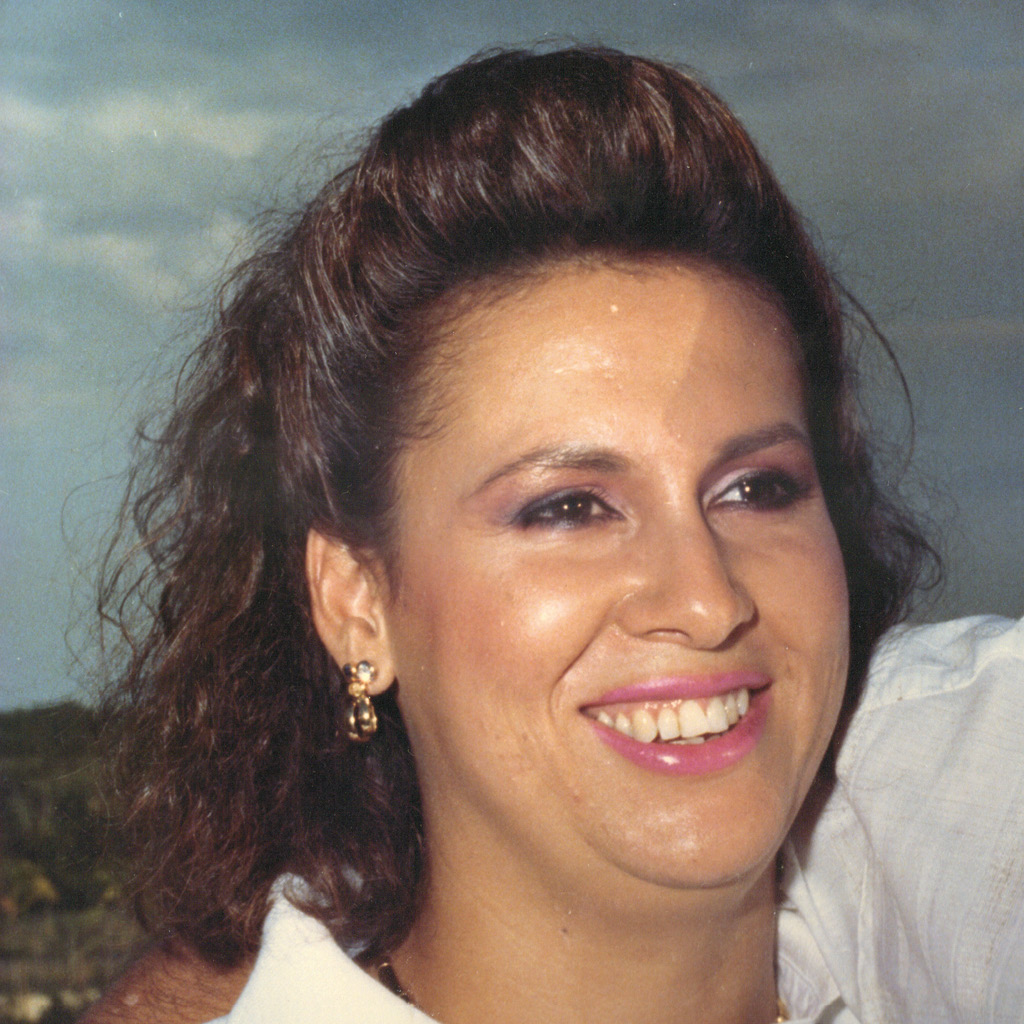
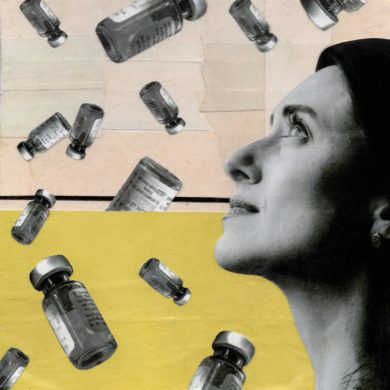
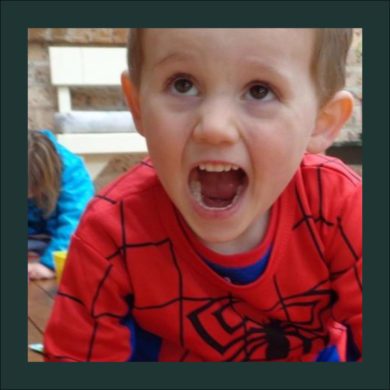
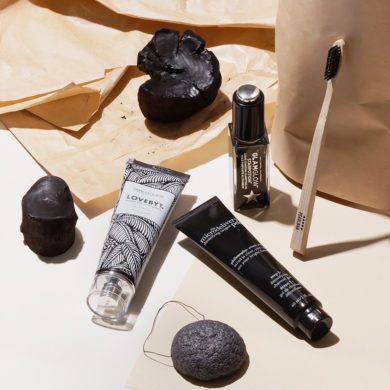
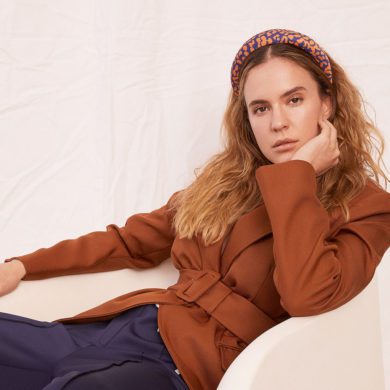
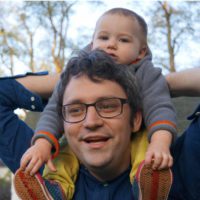

5 Comments